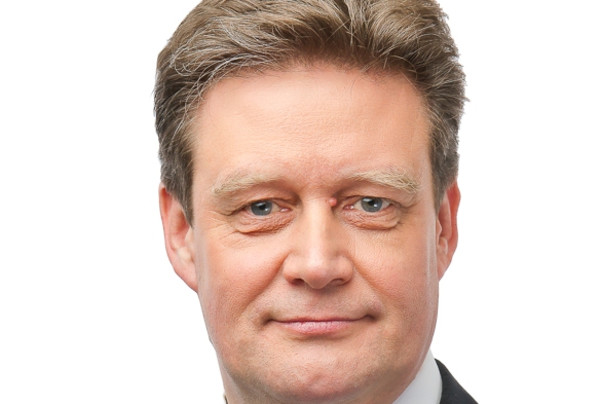

The fund’s criteria is stringent. It targets companies with a record of high returns on equity, a track record of minimal economic variability in returns, and low cyclicality.
This prescriptive approach, Mr McQueen said, rules out 70 per cent of the investment universe and omits banks, energy groups and mining companies from consideration.
Interestingly, the lion’s share of the portfolio – some 71.90 per cent – is invested in North American companies. The three major US indices have surged to record highs since Donald Trump’s shock presidential election win.
The fund, however, is unable to coast on the prevailing winds created by the so-called Trump effect because the former business tycoon’s rhetoric on fiscal policies has fuelled gains of cyclical stocks.
“The market has shifted its expectation towards a view that we are going to have more inflationary government spending; we are going to back away from quantitative easing and interest rates might go up,” Mr McQueen said.
He added: “There are a wide range of outcomes we could see. I think one of the biggest swing factors will be what happens to tax rates in the US for companies. If they cut the tax rate to 15 per cent, it is going look like Christmas has come early for a lot of US stock earnings.”
What is more, the fund targets stocks that trade for less than their intrinsic value – an approach Mr McQueen honed in his four-year tenure as head of global value equities at Morgan Stanley Investment Management.
Mr McQueen argued that there is a misconception that high yielding equity can only be sourced in the Alternative Investment Market, adding there are growth opportunities in established companies through value investing.
At present, the Stable Global Equity fund holds a concentrated portfolio of 25 stocks with an average return on equity of 28 per cent according to Mr McQueen. It is skewed to large capitalisation companies with only 10 per cent of businesses with a market cap south of £5bn.
The fund is restricted to companies that are 15 per cent below their intrinsic value level – which gives the managers scope to achieve the fund’s return target, Mr McQueen said. Holdings that dip below this figure are reviewed for suitability.
He added: “We are not nervous about firms having a certain amount of debt, but we get more nervous when a company is increasing the debt. The scale of the businesses we look at means they can take on debt very cheaply.”
The old adage ‘many heads are better than one’ is applicable to the fund according to Mr McQueen. The fund is co-managed by Gregg Bridger, Stephen Walker and Lorenzo Dicorrado, who make investment decisions as a collective.
Buy disciplines require the go-ahead from three out of four managers to be added to the portfolio, while stock disposals only require sign off from two managers.
This system displayed its merit when Pearson was touted for inclusion. Share prices of the British multinational publishing and education company fell by 30 per cent in January following the latest in a string of profit warnings.
Mr McQueen said: “In the long run, Pearson has good market positions, learning is a good sector, but we were nervous about some of the aspects of the price rises. The management was defending the dividend when it looks like they were keeping their fingers crossed to be able to pay it.”
Mr McQueen is well versed on the pressures of investment, but he is subject to additional strain with the knowledge that his parent’s money is invested in the product.
The fund performance, which returned 65 per cent in five year to 21 February 2017, would help put their minds at ease.
Active management has come under staunch criticism following the publication of a damning interim report by the Financial Conduct Authority.
In the report, the regulator berated some active funds as being closet trackers and also concluded that some active managers made sizeable profits from underperforming funds.
Mr McQueen said: “Managers with high active shares have tended to perform well over time. We have a 95 per cent active share in the fund. It is a fair criticism that you shouldn’t have active managers just replicating the index. Fund managers should be clear to investors about what they are offering and why it is different to going out and buy a tracker fund.”
Some asset managers have taken steps to make clear what investors pay. The publication of research costs appears to be en vogue at present.
Sanlam Four does not make the research costs of its funds publicly available – although this policy is under review, Mr McQueen revealed.
He added: “It is something we are looking at internally. Given how little we use external research and the low turnover rates, it is not something that we have paid attention to in the past. But every fund manager will have to look into it.”
Myron Jobson is a features writer of Financial Adviser
COLIN MCQUEEN'S CAREER HIGHLIGHTS
October 2010 – present
Senior fund manager
Sanlam Four
October 2005 – January 2009
Head of global value equities
Morgan Stanley Investment Management
September 1989 – June 2005
Portfolio manager
UBS



